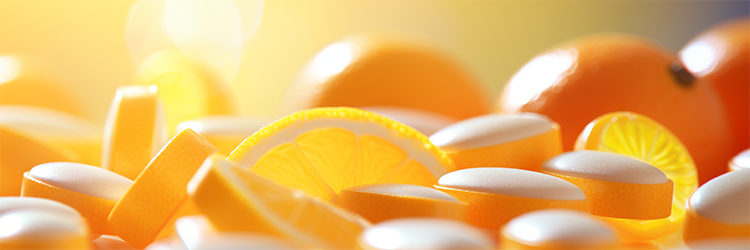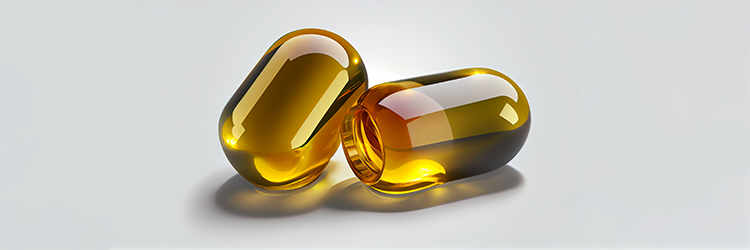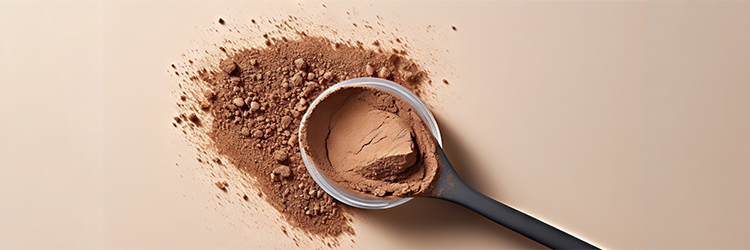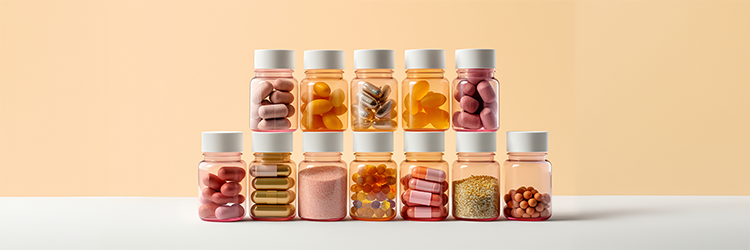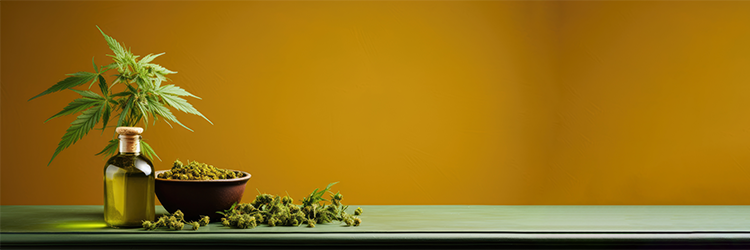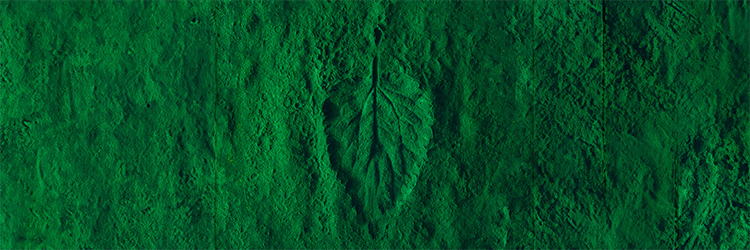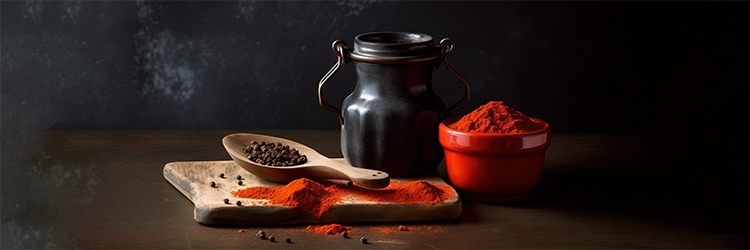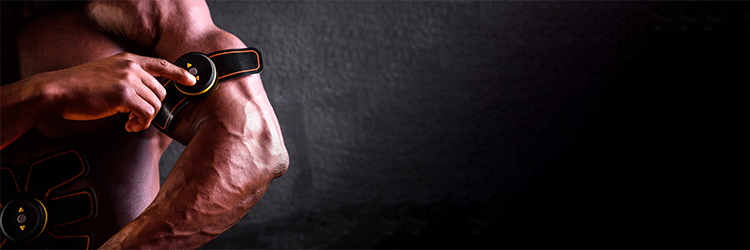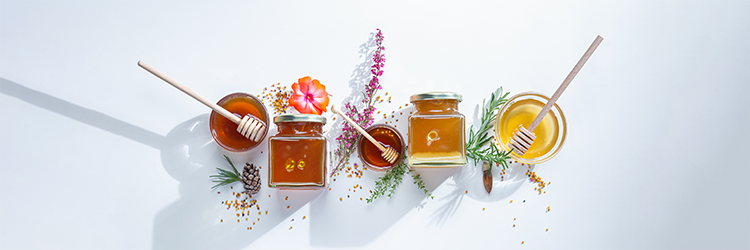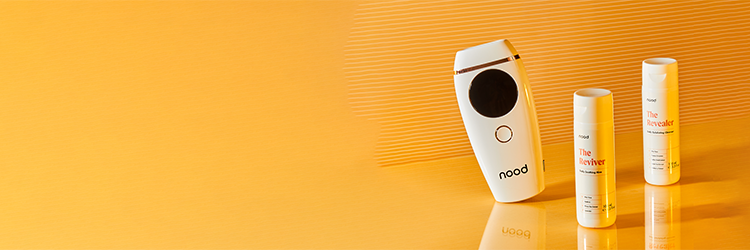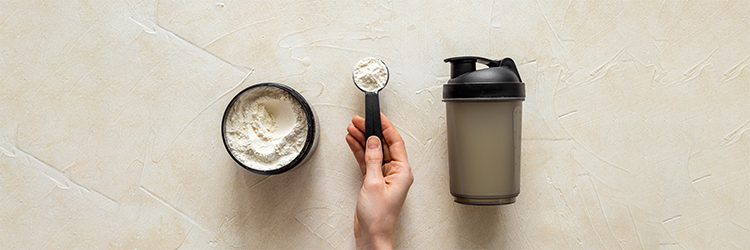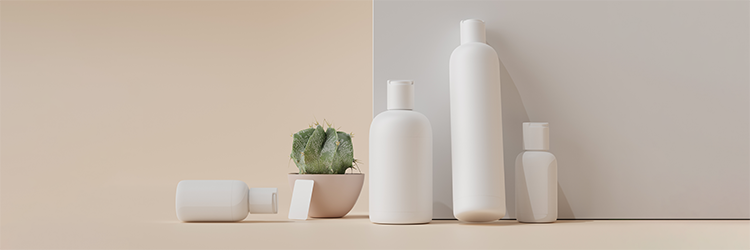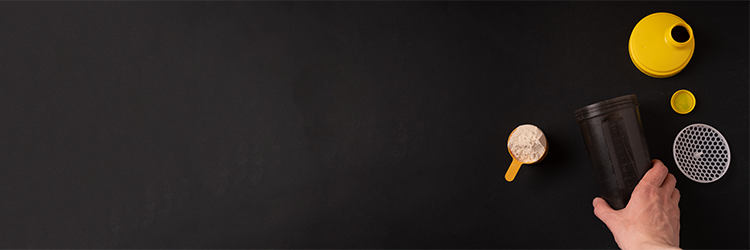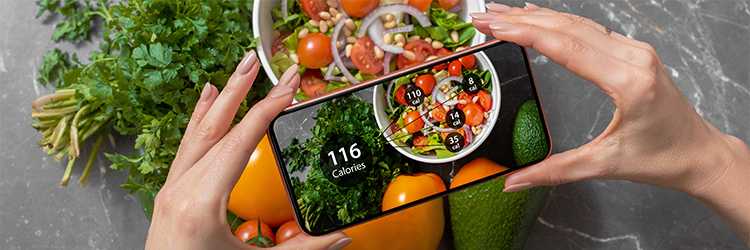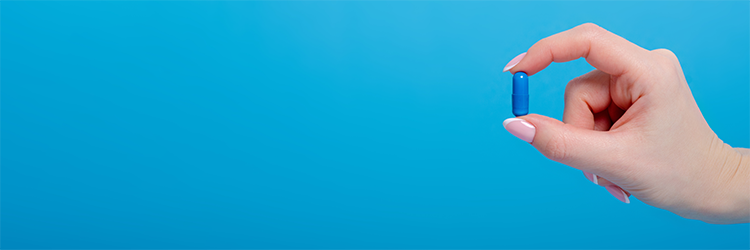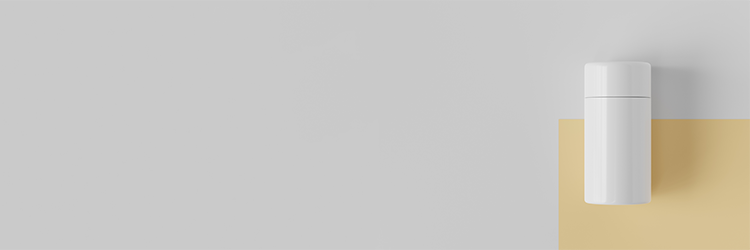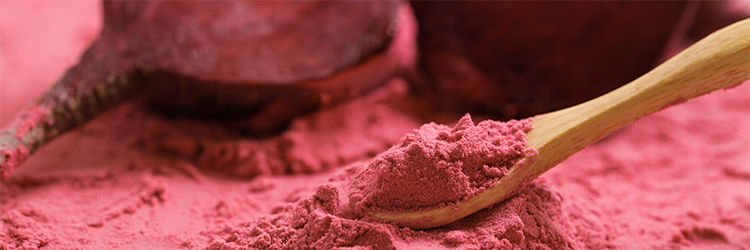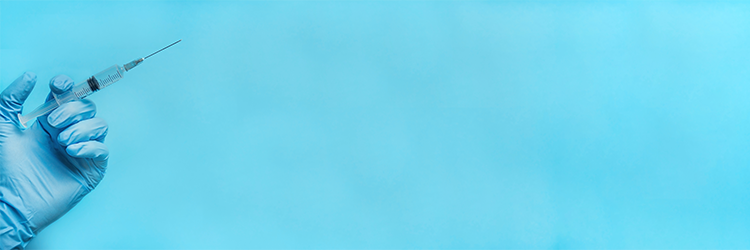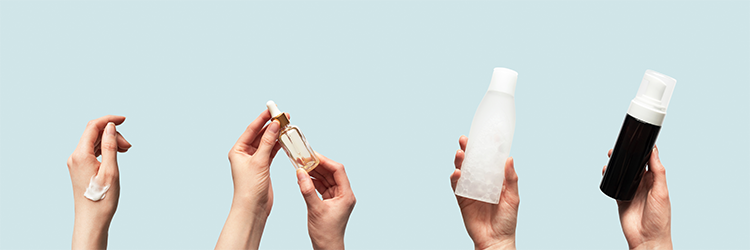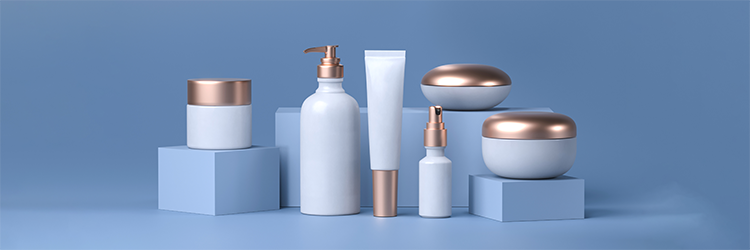
Disclaimer: None of the information in this article constitutes medical advice, and is just the opinion of the writer(s). We recommend that patients follow their doctor’s guidance in regard to pain relief.
Nerve Control 911 is a dietary supplements used for nerve pain and central nervous system (CNS) dysfunction. The product is manufactured by PhytAge Labs and is described as a “Central Nervous System Protection Formula” that “reduces nervous system inflammation.”
But can a dietary supplement actually relieve nerve pain, or are these just marketing claims? Does Nerve Control 911 have research-backed ingredients? Does it contain any questionable additive ingredients? And why did the supplement's manufacturer receive warning letters from both the FDA and the FTC?
In this article we'll answer all of these questions and more, as we analyze the ingredients in Nerve Control 911 based on clinical studies, highlight issues we have with the brand's research section, and feature unsponsored customer reviews of this product.
We'll also provide a cost comparison to show which retailer sells Nerve Control 911 for the best price, and explain why the supplement's manufacturer received warning letters from two federal agencies in 2021.
Ingredient Analysis

The ingredients in Nerve Control 911 are shown above.
Nerve Control 911 has five active ingredients: passion flower, marshmallow root, Corydalis powder, prickly pear concentrate and California poppy seed.
Passion flower is included at a dose of 145 milligrams (mg).
We cannot identify any clinical trials suggesting that this ingredient is effective at this low of a dose. Most of the clinical research on passion flower that we came across while researching this article used passion flower extract, which is a more potent preparation of the herb.
Marshmallow root is the second active ingredient, and as we discussed in our review of Total Restore, this herb is typically used to treat cough rather than nervous system inflammation.
We cannot locate any clinical studies showing that marshmallow root relieves nerve pain.
Corydalis powder is the third active ingredient in Nerve Control 911, and has been studied for pain relief.
A published in the Molecules journal detailed that Corydalis extract has been used for centuries in Asia to relieve pain. However, Nerve Control 911 contains raw Corydalis powder, which is less potent than Corydalis extract.
Prickly pear is a type of cactus.
An interesting showed that this botanical compound has anti-inflammatory effects in healthy adults. Those taking prickly pear juice had less pro-inflammatory biomarkers and more anti-inflammatory biomarkers compared to those taking placebo.
The prickly pear dose used in the above-linked clinical trial was 200,000 mg. The dose in Nerve Control 911 is 50 mg of a 20:1 concentrate, which equates to 1,000 mg. So the dose used in the clinical trial was 200x higher than the dose in Nerve Control 911.
We cannot identify any clinical studies showing prickly pear to be effective for pain relief at such a low dose.
California poppy seed is another ingredient that we consider likely ineffective because we cannot identify any clinical research proving otherwise.
The doses used in the studies cited for this ingredient in Nerve Control 911's "Research" section (which we'll share our concerns about later) are vastly higher than the dose in this supplement.
Overall, we do not consider Nerve Control 911 likely to relieve nerve pain, because we can't identify any clinical trials showing its active ingredients to relieve pain at their included doses.
One positive aspect about this supplement is that its inactive ingredients should be safe and non-toxic.
FDA and FTC Warnings
PhytAge Labs received warning letters from both the Food and Drug Administration (FDA) and the Federal Trade Commission (FTC) in 2021.
The FDA details that the company was making unapproved health claims, including that one of their supplements could treat type 2 diabetes.
The letter included a cease-and-desist demand requiring the manufacturer to stop making disease claims.
The FTC details the same concerns, suggesting that there was a joint effort from the FDA and FTC to investigate PhytAge Labs.
We consider this to be a red flag about the brand.
Questionable Clinical Research

On the Nerve Control 911 product page, there is a “View Clinical Research” button where the manufacturer shares some links to promote the potential efficacy of this supplement.
The term “clinical research” when used in a medical context typically describes studies published in scientific or medical journals evaluating the efficacy or safety of a product or ingredient.
Most of the links in the “Clinical Research” section on the Nerve Control 911 site are not, in fact, clinical research at the time of updating this article. Instead, most are links to other health websites.
As a particularly strange example, one of the links is to an Australian website called Plant Essentials which discusses herbs and potted plants.
We urge PhytAge Labs to rename this section of their site, because to some consumers it may suggest that this section of the website features clinical trials on Nerve Control 911, which is not the case.
Does Nerve Control 911 Cause Side Effects?
Nerve Control 911 doesn't appear to have been studied in any clinical trials, which makes it more challenging to determine whether or not the supplement is likely to cause side effects.
However, we can make an educated guess based on its ingredients.
In our opinion, Nerve Control 911 is unlikely to cause side effects based on existing clinical studies on its ingredients.
All of the active ingredients in Nerve Control 911 are well-studied and appear to be safe and non-toxic. The inactive ingredients should be inert.
At the time of updating this article, there is no mention of side effects on the PhytAge Labs website.
Under a header titled "Is it safe?", the manufacturer makes the strange claim that Nerve Control 911 is a multivitamin.
Nerve Control 911 is certainly not a multivitamin. According to the Cleveland Clinic, a multivitamin is defined as a supplement containing vitamins and minerals. Nerve Control 911 doesn't have any vitamin or mineral ingredients; its active ingredients are botanical in origin.
Where to Get the Best PriceThis section may contain affiliate links. We receive compensation when readers make a purchase using an affiliate link.
Nerve Control 911 is available for sale at a variety of online retailers.
Here's a price breakdown for a one-time purchase at the time of updating this article:
KateMinimalist: $151.49 (free shipping, link)
Manufacturer's website: $69.95 (free shipping, link)
Amazon: $69.95 (free shipping, link to official Amazon listing)
Amazon and the manufacturer's site currently have the best prices on Nerve Control 911, at a greater than 50% discount compared to some third-party retailers.
Real Customer Reviews
Amazon is a better resource for honest customer reviews than a brand's website in our opinion.
Nerve Control 911 has been reviewed over 350 times on Amazon at the time of updating this article, with an average review rating of 3.8 out of 5 stars.
The top positive review from a verified purchaser comes from a user named "Adriana" who gives the supplement a 5/5 rating, and claims it restored feeling in her feet:
"Been a diabetic for more than 10 years with no feeling in my feet or bottom portion of my legs. After 3 weeks of taking this I felt the cold tile floor for the first time in years. My pain is slowly improving as well. Can’t wait for the next few months."
The top negative review from a verified purchaser is written by a user named "daisey" who gives the product a 1/5 rating, and claims it was ineffective:
"well I have 4 pills left and I haven’t felt relief yet it’s actually getting worse. My sleeping patterns change I use to get at least 2 hours of sleep now it’s like catnaps here and there. So there is officially nothing that can help my sciatic or neuropathy"
Nerve Control 911 currently has an average review rating of 3.5 out of 5 stars on Google.
PhytAge Labs currently has an average review rating of 1 out of 5 stars on Facebook.
PhytAge Labs currently has an average review rating of 1.53 out of 5 stars on the Better Business Bureau (BBB) website.
Our Clean Nerve Health PicksWe receive compensation when readers purchase the products or services we recommend.

Illuminate Labs Ceylon Cinnamon Extract is our top anti-inflammatory supplement.
Cinnamon was shown to reduce inflammatory markers in a 2020 . The study authors concluded that “Cinnamon could be regarded as a safe supplement to relieve pain.”
Cornbread CBD Lotion is our top anti-inflammatory skin lotion.
Cannabidiol (CBD) is to be effectively absorbed through the skin, and CBD caused "significant improvements in pain" when applied topically in a 2020 .
Both of the products recommended in this section are entirely free of ingredients that we consider to be unhealthy.
Pros and Cons of Nerve Control 911
Here’s our take on the pros and cons of Nerve Control 911:
Pros:
- Most active ingredients have some research backing
- No harmful filler ingredients
- Unlikely to cause side effects
- Brand website offers free shipping
Cons:
- Questionable health claims
- Most active ingredients appear underdosed
- Questionable “Clinical Research” section on website
- Expensive
- Received FDA warning letter
- Received FTC warning letter


